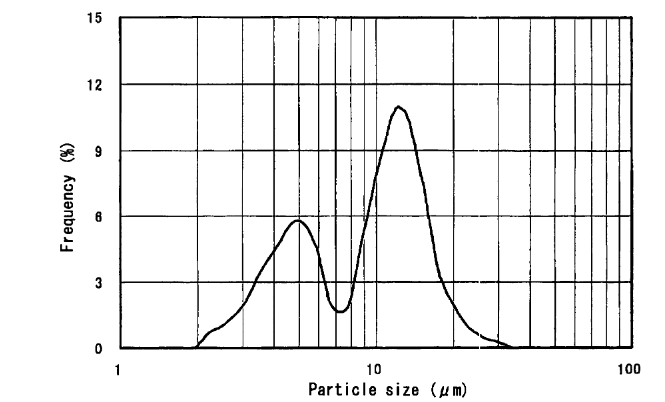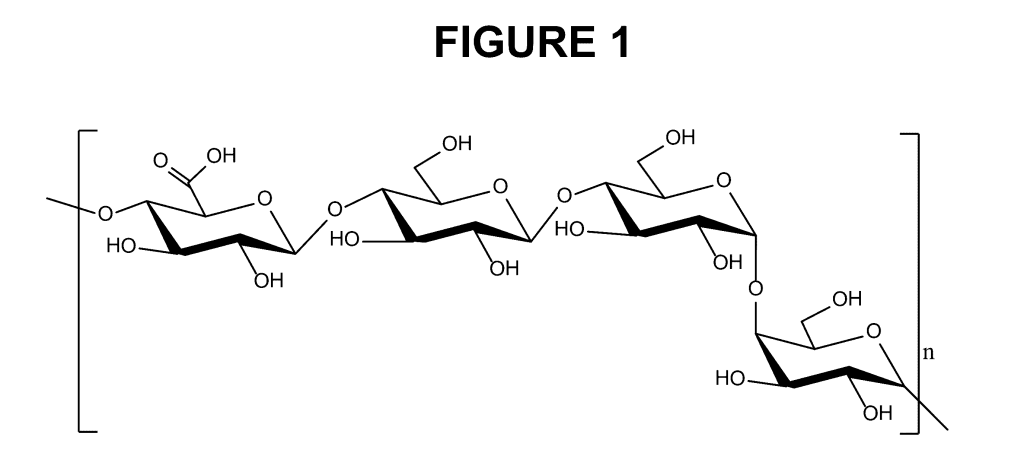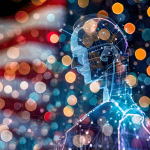by Dennis Crouch
If you recall, Celanese v. ITC involves the sweetener known as AceK (acesulfame potassium), a compound discovered back in the 1960s. Celanese began selling the product on the competitive market in 2011, and eventually decided to file for patent protection on its manufacturing process in 2015. In my prior post on Celanese v. ITC, I focused on the key statutory interpretation question of whether, under the AIA's revised 35 U.S.C. § 102, a patentee's pre-filing sale of a product made by a secret process starts the one-year clock for patenting that process.
Although Celanese did not patent the product itself, one interesting fact that I failed to mention in the prior post is that Celanese is seeking an exclusion order at the ITC preventing importation of Ace-K. This adds an interesting wrinkle to the policy debate.
To continue reading, become a Patently-O member. Already a member? Simply log in to access the full post.


 I am super excited to be part of a big interdisciplinary conference this week here at the University of Missouri where we'll be focusing on
I am super excited to be part of a big interdisciplinary conference this week here at the University of Missouri where we'll be focusing on 